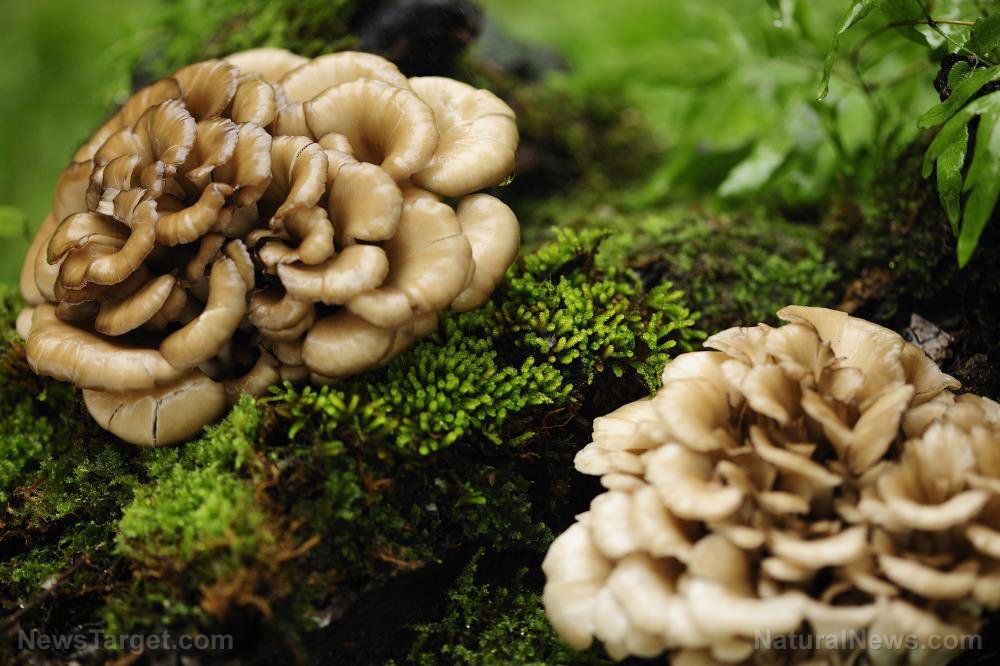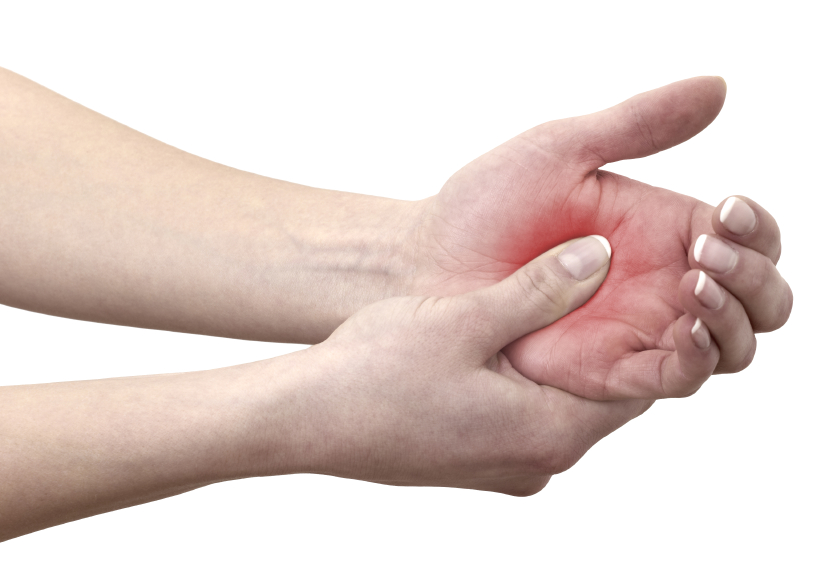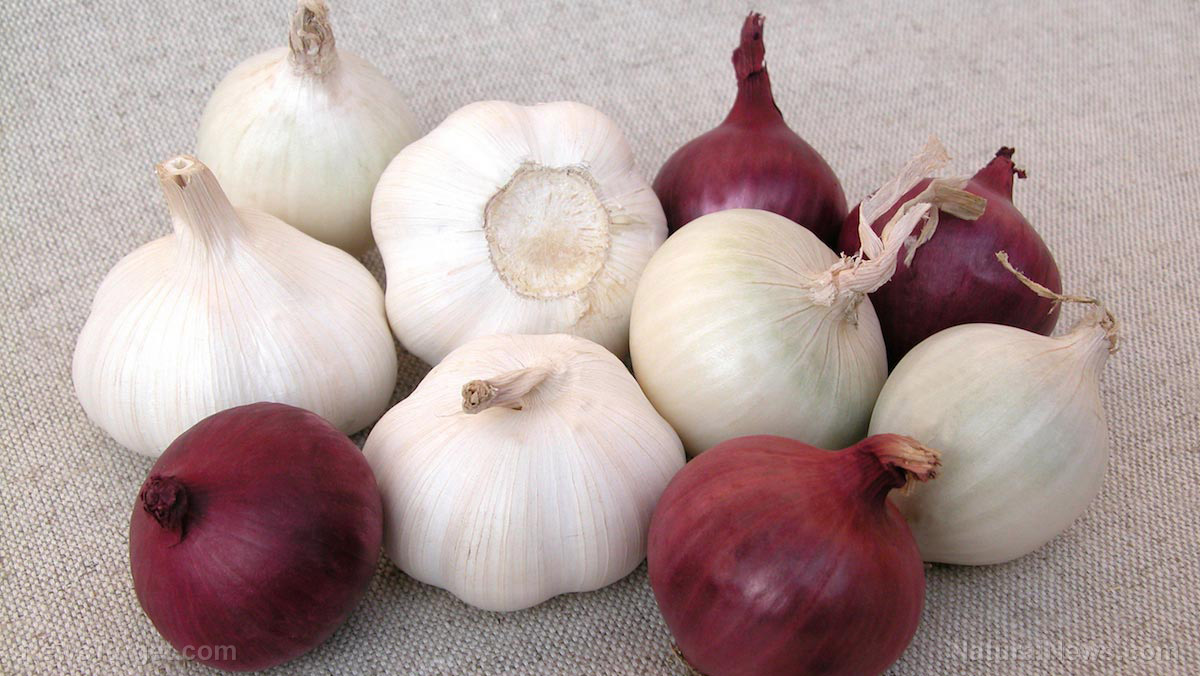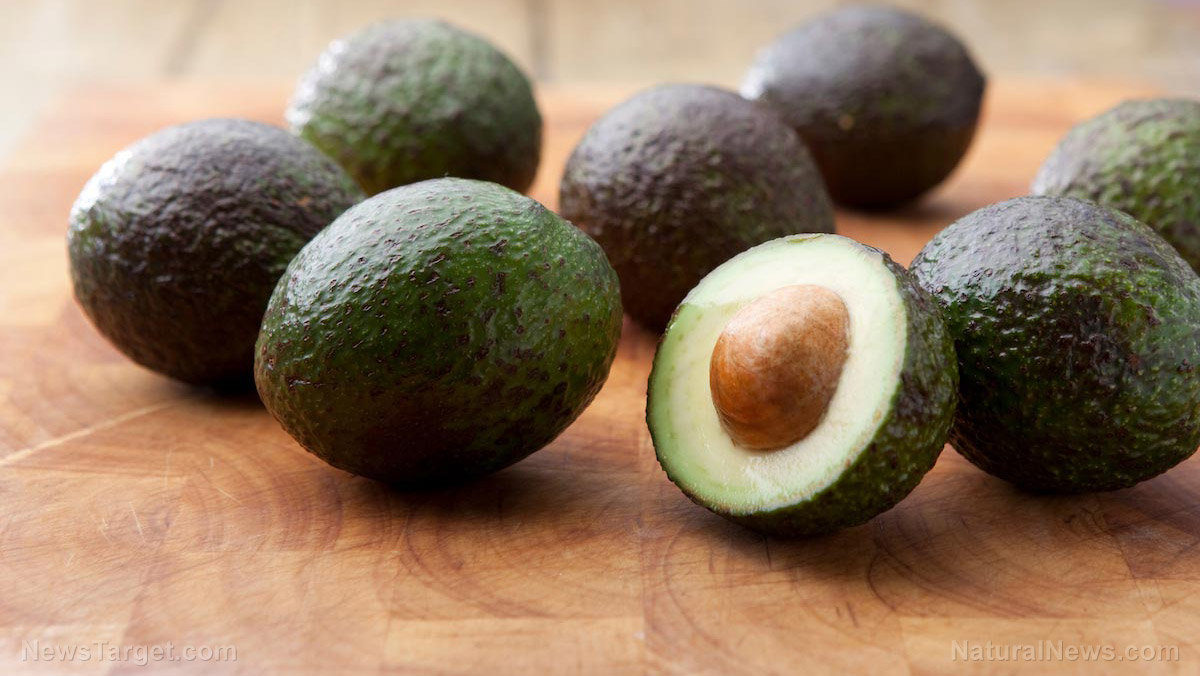Improve memory and mood with curcumin: Study finds it boosts cognitive function in those with mild, age-related memory loss
09/23/2018 / By Ralph Flores

Rejoice, curry lovers: Turmeric, a staple in yellow curry in India and Thailand, is not only delicious, but it also improves memory and prevents neurodegenerative diseases in later years, according to researchers from the University of California, Los Angeles (UCLA). The double-blind study, which was published in the American Journal of Geriatric Psychiatry, looked at the effects of curcumin, a polyphenolic derivative of turmeric, in improving the mood and attention of older adults who exhibit usual signs of aging or mild cognitive disorders.
“Exactly how curcumin exerts its effects is not certain, but it may be due to its ability to reduce brain in?ammation, which has been linked to both Alzheimer’s disease and major depression,” explained Dr. Gary Small, the study’s first author and a director of geriatric psychiatry at UCLA’s Longevity Center, in an article on Newswise.
The therapeutic effects of curcumin have long been established. Earlier studies have stated that aside from its antimicrobial and anti-inflammatory properties, it’s also known to protect the brain from various brain disorders such as Alzheimer’s disease, major depression, and epilepsy. Moreover, curcumin has been proven to reduce the risk of hypertension, lower cholesterol, prevent tumors and certain cancers, decrease swelling, manage diabetes, reduce psoriasis, prevent dangerous blood clots, and protect the liver from toxins. (Related: Turmeric-Carrot-Black Pepper Soup Fights, Alzheimer’s, Inflammation & Cancer.)
For the study, researchers designed a randomized, double-blind and two-group study that compared placebo with a bioavailable curcumin supplement. The team selected 46 eligible subjects from a total of 259 potential volunteers. The samples were aged between 50 to 90 years of age, had no indicator for any neurodegenerative disease, and were able to participate in subsequent testing.
Before they started the test, a “baseline” evaluation recorded participants’ vital signs, heart rate, as well as hormone functions. After baseline testing, the subjects were randomized to take either the placebo or curcumin (of which 90 milligrams are contained in the bioactive capsule Theracurmin) twice a day. The study ran for 18 months, with participants’ cognitive function evaluated every six months using various tests.
Verbal memory was tested using the Buschke Selective Reminding Test (SRT), where a subject was presented with a set of words and then asked to recall them immediately. Encoding (the ability to process new information) was evaluated using a similar manner. The subjects’ visual memory and attention were also tested, during this period. After completing the study, blood was taken from the samples to determine any changes in genetic data.
Results after the completion of the study indicated that participants who took curcumin had significantly improved their cognitive function than those who received the placebo – in particular, they had better recall, visual memory, and attention than the placebo group.
Upon examination of participants’ brain activity, researchers also found significant differences between those who took curcumin over those who were given a placebo. At the beginning of the study, there were no significant differences noted in the amygdala and the hypothalamus of the groups. However, tests showed that curcumin was able to maintain amyloid and tau accumulation in the brain, which helped regulate mood and memory.
With the findings, researchers concluded that daily consumption of curcumin helps improve age-related memory decline as well as decrease the likelihood of neurodegeneration.
“These results suggest that taking this relatively safe form of curcumin could provide meaningful cognitive benefits over the years,” said Small.
Sources include:
Tagged Under: age-related memory loss, Alzheimer's disease, Bioavailable curcumin, brain function, brain health, cognition, curcumin, dementia, disease prevention, Herbs, memory, memory loss, natural cures, natural medicine, Natural Treatments, neurological support, neurology, normal aging, turmeric




















